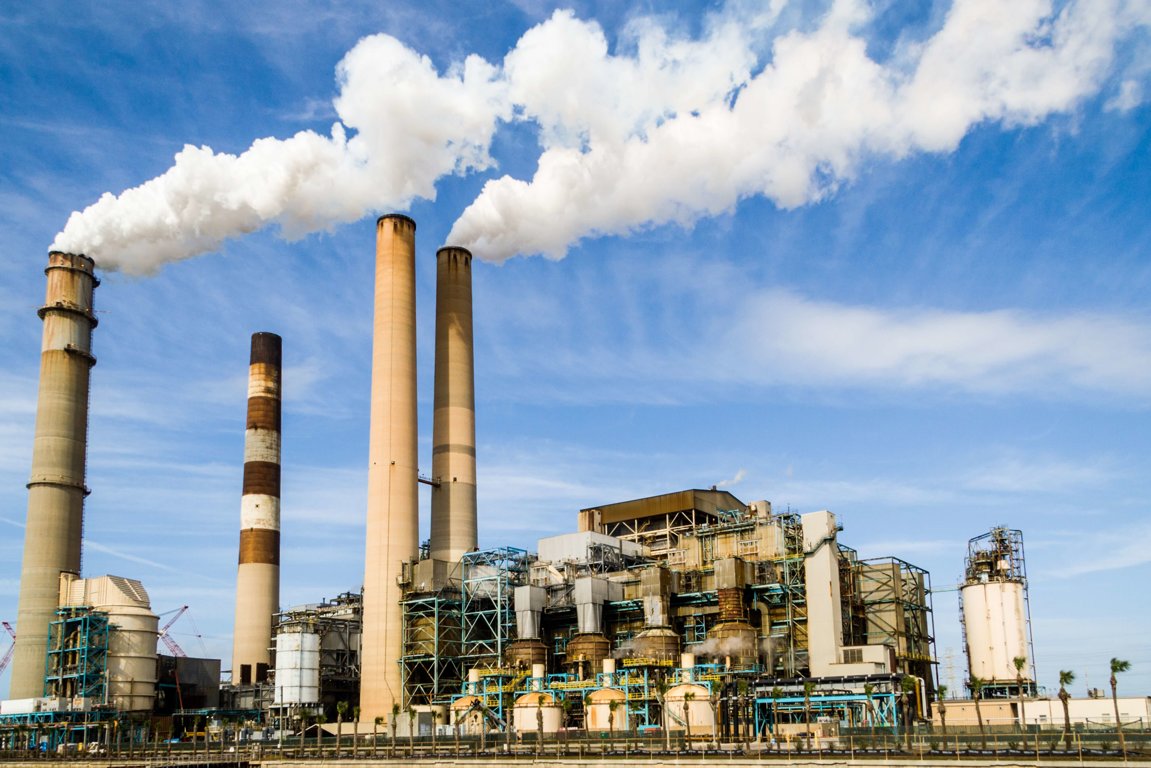08 Oct , 2024 By : Debdeep Gupta

The end of the fossil fuel era and the need for scaling clean energy
-By Unaise Urfi
Fossil fuels have been essential to the advancement & development of human civilization. Industrial progress, which leads to billions of people living a better life, has been possible, thanks to the discovery & utilization of plentiful fossil fuel resources. This period of unmatched human prosperity was sparked by the combustion of coal, oil, etc. which provided the energy needed to run factories, transportation systems, heat homes, & electrify cities. However, our dependence on these carbon-intensive energy sources has come at a severe cost to the environment, resulting in the current climate crisis that puts our civilization’s basic foundations at peril. There is an urgent need to transition away from fossil fuels; it’s essential to acknowledge their historical significance in shaping the modern world while also recognizing the need to forge a sustainable, clean energy future.
Self-sufficient Ness and instigating breakthroughs have always been dependable to aid us in tackling tasks. Setbacks have never been a reason for the failure of any activity, whether it is creating the wheel or advancing further through algorithms and artificial intelligence technology. However, considering the present times, we seem to have no existing solutions that can effectively mitigate, let alone reverse the terrible trends of global warming. But over time, the transition towards the development of such a backward-looking climate change reversal strategy was stifled, even attempts at mere deceleration have been met with resistance.
The scientific consensus is that climate change is a fact of life and is being caused by human activity, predominantly the emission of greenhouse gases via the use of fossil fuels. As our world continues to grow & develop, one more thing has grown – the need for energy, which has created a trend of escalation of GHG emittance. This unrestrained consumption of fossil fuel resources is contaminating the natural environment, shattering ecosystems, and negatively impacting humans’ quality of life worldwide. As recent history points out, climate change is one of the important problems which every country must face. It has become more evident that the addiction to fossil fuels needs to be changed. The changeover to a clean energy system is a matter of prime therapeutic importance in that it focuses on averting frightening consequences of global warming & safe shelter for forthcoming epochs. The speed of this transition is highlighted by the alarming environmental impact of the fossil fuel-based economy. The burning of fossil fuels has led to a significant alteration of the carbon cycle, resulting in a dramatic rise in atmospheric carbon dioxide levels & the aggravation of the greenhouse effect. This has directly contributed to the acceleration of human-caused climate change, manifesting in extreme weather events & rising sea levels. The continued reliance on fossil fuels has also led to air pollution, posing a grave threat to human health. Addressing these pressing environmental and public health concerns requires a comprehensive shift towards clean, renewable energy sources that can be scaled up to meet the global energy demand.
Advancing towards renewable energy is a commendable move due to the reasons related to environmental protection; however, the reader is aware that every change has advantages and disadvantages, especially at its onset. People who are in the case cities have their expanding current fossil-based economies fueled by rapid industrialization, which’s been instrumental in composing and lifting millions into developed states, and unprecedented technological growth. This may affect the energy strategies of countries and in the end, the global structure of energy may change and thus it may not be pleasant for the people that this energy transformation aims to help. Additionally, it is still difficult to deploy and lower the fossil fuel substitutes in terms of costs without further development of new technologies as well as robust infrastructure. In addition to this, such decision-making entails expenditures relative to environmental factors, which often conflict with the socio-economic perspective and the commercial orientation of the members, conclaves, in a clean energy forum.
So, what are solutions we can explore to stave off this doomsday scenario?
It is becoming obvious that the addition of ‘Green’ factors in the finance industry will allow for better social growth. In their concern over climate change, both governments and private investors are now ready to guide their funds towards renewable energy projects, green infrastructures, and clean technology advancement. In this way, green finance will facilitate access to investment capital and encourage the sourcing of funds needed to buy the equipment and install the clean energy solutions that have always been expensive to implement.
0 Comment